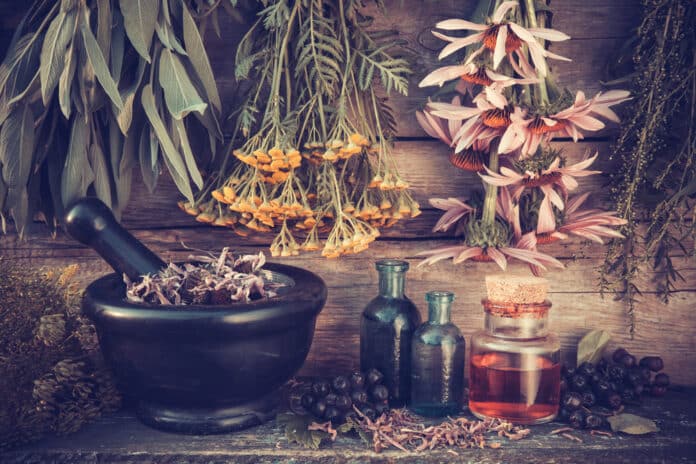
High blood pressure is a common condition. Most people manage their symptoms with drugs, but these drugs have a lot of side effects, ranging from dizziness to nausea. But what if you don’t have to suffer through these side effects?
Some people think essential oils can help reduce high blood pressure. One clinical study done in 2012 on the effects of aromatherapy on high blood pressure backs up this idea. The study used essential oils such as ylang-ylang, marjoram, lavender, and neroli.
One big problem with using only essential oils to treat high blood pressure is that there is not much research to back up the claim.
Essential oils known to reduce the effects of high blood pressure include bergamot, cedarwood, citronella, jasmine, lemon, valerian, and yarrow.
How to Use Essential Oils as Remedies for High Blood Pressure
You can use essential oils as standalone remedies or mix them for better effects. People who use them suggest blending them to maximize their power.
You can also use essential oils in many different ways. For instance, you can add a few drops to a carrier oil and use it in a massage, sprinkle a few drops into your bathwater, or inhale the scent while it’s still in the bottle.
What Are the Best Essential Oils for High Blood Pressure?
The best essential oils for high blood pressure are bergamot, valerian, ylang-ylang, lavender, and citronella. Ylang-ylang, in combination with other oils, is very effective in lowering high blood pressure. One 2013 study discovered that exposure to the scent of ylang-ylang was enough to cause a significant drop in blood pressure in experimented subjects.
Citronella oil is commonly used as a mosquito repellent, but recent research suggests it may also be good for your heart. Research has shown that its vapors may reduce a person’s heart rate, blood pressure, and respiratory rate.
When relieving stress and anxiety, lavender is the go-to essential oil. You can lower your high blood pressure by inhaling a blend of oils that include lavender, says a study published in 2006 and another in 2012.
Are Essential Oils Safe?
The National Cancer Institute reports that essential oils pose little to no risk when used correctly. In addition, the FDA has approved the vast majority of them as GRAS (generally recognized as safe).
Do not consume essential oils; they are safest for topical and aromatic use only when combined with carrier oil.
You should consult your doctor before engaging in any new kind of treatment, medication, or therapy, including essential oils, especially if you don’t know how to proceed.


















